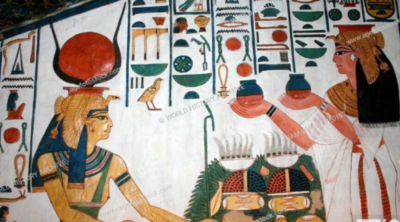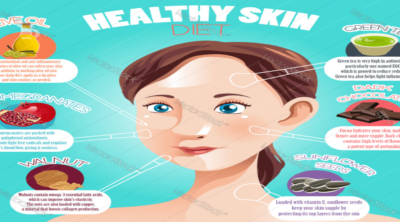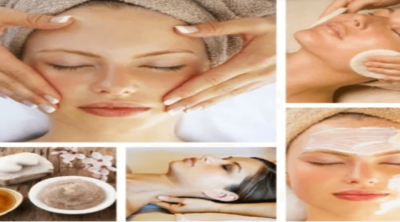Though the development of pimples on chest may not affect people in the way that facial acne does, it still remains a cosmetic concern for some people. The following article provides some information on this skin problem.
Acne is one of the most annoying skin conditions that strikes during adolescence. Excessive production of sebum by the sebaceous glands is often the contributing factor. The pores or the hair follicles get blocked with plugs made of dead skin cells and sebum. Inflammation can also occur if bacteria multiply within the clogged pores. Acne can appear on the skin in the form of whiteheads and blackheads, pimples, pustules, and cysts (boils). When the hair follicles or pores clogged with sebum and dead skin closes, it give rise to a white bump or a whitehead. Blackheads form when the plug is open at the skin surface, and the sebum and dead skin cells oxidize.
Papules are red, raised bumps on the skin, which are usually inflamed and tender to touch, whereas pustules are filled with pus. Boils are large, pus-filled sores or lumps. Some of the forms of acne that affect the chest or the back might look like boils. These could be painful and may cause scars. More often than not, acne becomes a cause of cosmetic concern, when it affects one’s face. However, this skin condition can also affect other parts of the body such as the chest, back, shoulder, and buttocks.
Treatment Measures
Although you can consult a dermatologist, who can prescribe drugs or medicated topical ointments, you can also try out some of the following natural remedies.
- Make a paste with a cup of oatmeal and a cup of yogurt. Apply it to the affected part, and let it dry. Wash it off with lukewarm water. Thereafter, pat it dry.
- Make a paste using dried basil leaves and water. Apply it on the affected area.
- Apply juice of fresh mint on the acne-hit area every night before going to bed.
- Before taking bath, apply turmeric paste on the chest and leave it for sometime.
- You can also apply a paste made from orange peel and water on the affected area.
Apart from these home remedies, there are a few self-care measures which help in keeping the acne in control. These include the use of gentle body cleansers for bathing, and using oil-free skin care products. Also, avoid popping or squeezing the zits to prevent permanent scarring.
On a concluding note, be conscious about what comes in contact with the skin. Avoid wearing tight shirts, as sweat can aggravate the condition. Do consult a dermatologist if the outbreaks are frequent.
Disclaimer: This article is for informative purposes only and does not in any way attempt to replace the advice offered by an expert on the subject.


